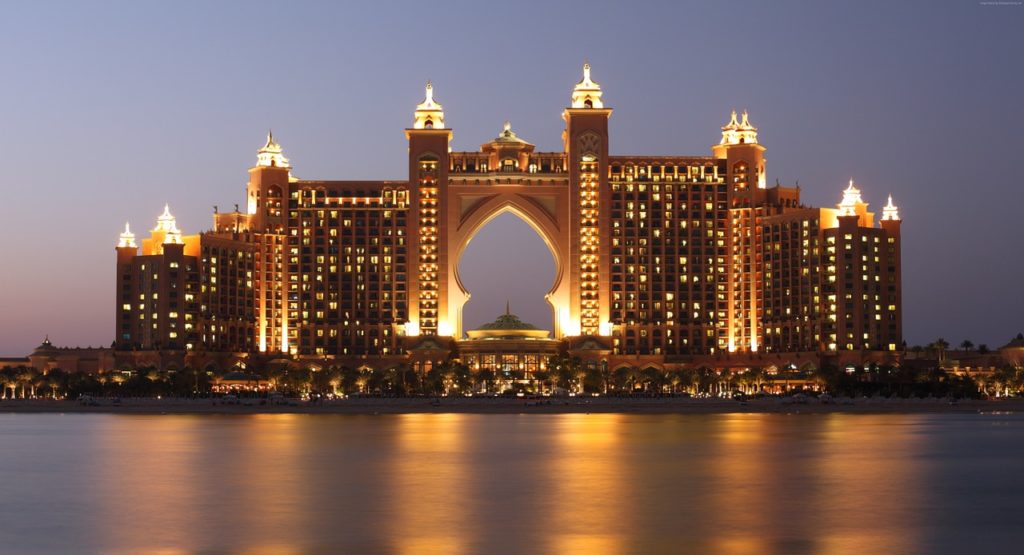Modern Traveling Habits Changing Notions of Wealth and Luxury?

Is travel changing people’s conceptions of wealth and a life of luxury?
With the increased ease in traveling abroad, more and more people are trading things for experiences, and travel (along with its associated industries like hotels and experience-based attractions) are seeing an increase in business to coincide with this rise of the new jet set traveler.
An interesting think piece from Laura Grier over at the Huffington Post asks: What does the word luxury actually mean?
Indeed, as Laura highlights, the past methods for travel and accommodation are giving way to new, more efficient and easily accessible means. Almost gone are the days of travel agents, concierges, and one-size-fits all travel itineraries and in its place are social media platforms, ubiquitous amounts of information (good and bad) on the Internet, and a competitive market unlike any they’ve faced before. Travelocity and Priceline were the first such movements against the traditional industry, and now with the advent of smartphones and their popularity, apps and social media are further displacing the once hallowed guardians of international travel.
In other words, more and more people are experiencing the world on their own terms, and this is translating into different notions of travel, wealth, and even happiness.
Laura Grier surmises that the millennial generation will demand more experience-based packages and may even want to see how the hotel integrates with the local community. In this regard, the rise of AirBnB cannot be ignored as it allows travelers to literally experience the city as a resident would, house and all. For travelers looking that kind of down-to-Earth experience, the Hilton or the Omni won’t suffice, and hotels have taken note of this.
As depressing as it may sound, a large part behind this drive for exceptional experiences is the desire on the part of some millennial travelers to create experiences that are instantly shareable on social media. While it could all be window dressing, the idea that modern travellers are demanding a more organic, idiosyncratic approach to travel should not come as surprise to anyone who has watched the Internet transform vast swathes of society.
Travel company Black Tomato specializes in just these types of experiences, these iterations on what co-founder Tom Marchant calls the new luxury – the ability to make these experiences happen, to have this knowledge that others may not have, and even to go places that others may not have access to, in other words, exclusivity of experience rather than exclusivity of location, destination, hotel, or reservation.
Black Tomato customizes travel options but also offers popular packages that others have enjoyed in the past – a little something for everyone. One example Laura Griers cites of how hotels and the travel industry are trying to give back to the broader world community is the Charity:Water concept that helps bring clean drinking water to the 663 million people on Earth, or 1 in 10, that do not have regular access to clean drinking water.
Whatever the future may hold, it is clear that the traveller of today wants a more integrated approach that accommodates personal tastes as well as creating instantly shareable memories that can be experienced by those not necessarily on vacation.